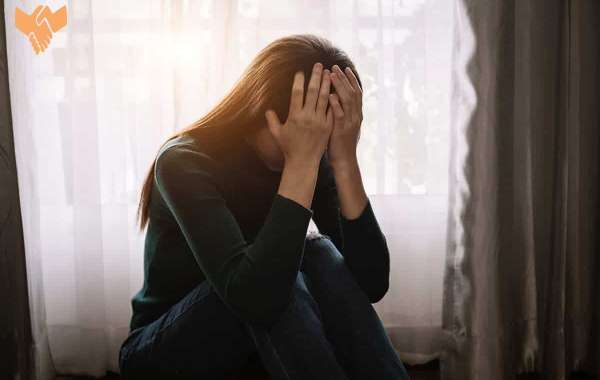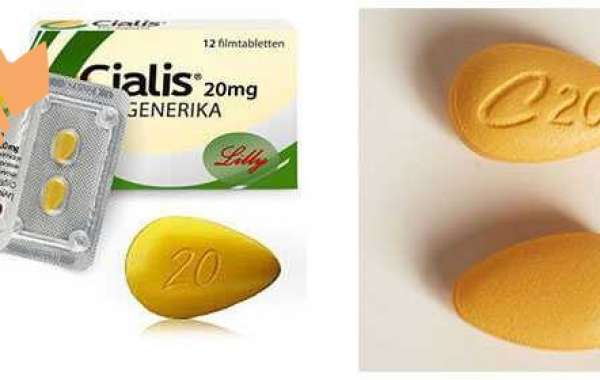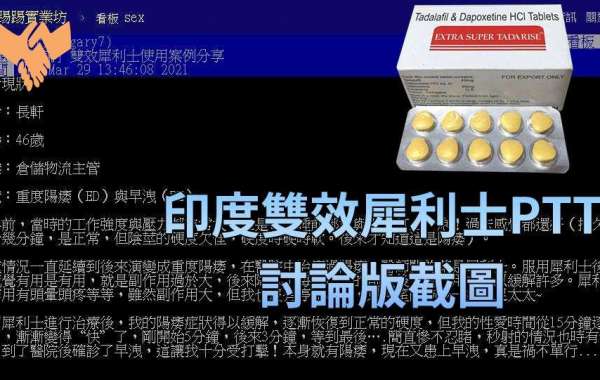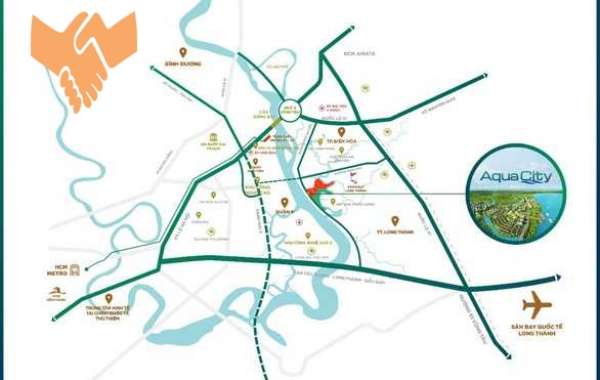If you’re feeling anxious, on high-alert almost all the time or are struggling to deal with stress, it might be a sign that you’re suffering from unresolved trauma.
Trauma therapists can help you to identify symptoms, understand your situation and learn healthy coping mechanisms. This can benefit your relationships, self-esteem and outlook on life.
Symptoms
Unresolved trauma can cause a wide range of symptoms, from physical to psychological. Symptoms typically begin immediately after a traumatic event, then gradually ease as you heal.
If you are experiencing these symptoms, it may be time to get professional help from a trauma expert. Getting help can reduce these symptoms and prevent them from worsening.
When people experience childhood trauma, they can have a hard time regulating their emotions and responding to people. They are likely to display irritability and temper tantrums, and often suffer from sleep disorders such as insomnia.
The intensity of their emotions can also take a toll on their appetite, leading them to feel hungry all the time. They could also have stomachaches and headaches.
This heightened level of emotion can lead to feelings of anxiety and depression. In severe cases, it can lead to posttraumatic stress disorder (PTSD), which is a condition characterized by reliving traumatic events and not being able to move on.
Causes
Unresolved trauma has an immense impact on your health. It may contribute to mental health diagnoses like anxiety and depression, as well as physical issues such as fibromyalgia, heart disease, stroke and diabetes.
It also increases the risk of cancer, obesity, and autoimmune disorders. It can even be a cause of suicidal ideation.
Some people who have experienced trauma will also engage in self-harm, such as cutting or other forms of bodily harm. This can be a way to decrease the numbness they feel from dissociation or as a way to reduce negative emotions.
Relationships with others can also be affected. Some people with unresolved trauma have difficulty trusting others, have trouble forming relationships, become very protective of themselves or are very withdrawn from their friends and family.
These symptoms are common for survivors of traumatic events, but they can be especially pronounced when left untreated. If you are experiencing any of these symptoms, check in with a therapist for help.
Treatment
Unresolved trauma can have a long-lasting impact on the body and mind. It can lead to a number of mental health conditions, including anxiety and depression, as well as post-traumatic stress disorder (PTSD).
Trauma impacts everyone differently. Some survivors exhibit PTSD-like symptoms, such as intrusive thoughts, flashbacks, hypervigilance, and emotional instability.
Others display resilient responses, showing minimal distress and functioning well across major life areas. In either case, treatment can help clients develop coping strategies that work for them, as well as provide the necessary support to process their traumatic experiences.
Treatment for unresolved trauma often involves a combination of coping skills, behavioral therapies, and psychotherapy. The goal is to help people overcome the symptoms and re-establish their normal level of functioning.
Prevention
Unresolved trauma can have a significant impact on your mental health. It can also affect your relationships, family, and daily habits.
The effects of a traumatic experience can be felt for months or even years after it happens. These can include feelings of numbness, disassociation, depression, and anxiety.
Traumas can be caused by many different things such as shaming from a parent or teacher, sexual abuse, the loss of a loved one, being sent to war, or a sudden accident. These experiences can leave you feeling unable to cope with life and may cause physical pain or disease later in your life.
Prevention focuses on making upstream changes that can protect kids and strengthen their health, relationships, and well-being. These upstream strategies target risk factors that lead to youth substance use and increase factors known to protect them.








